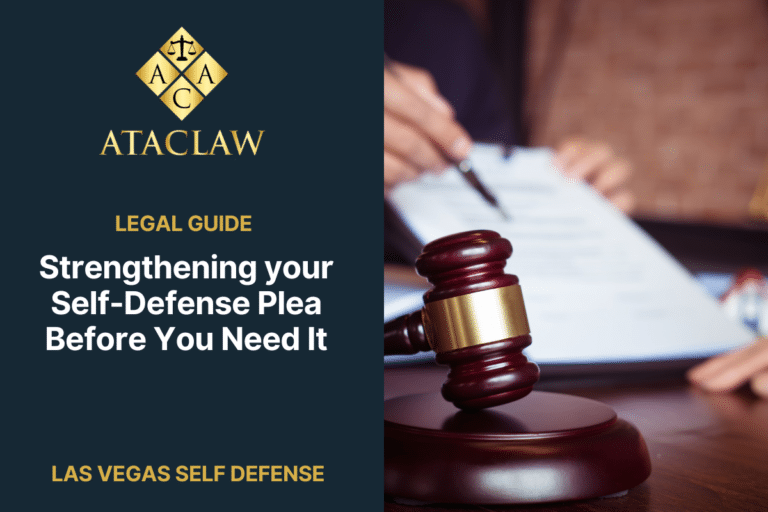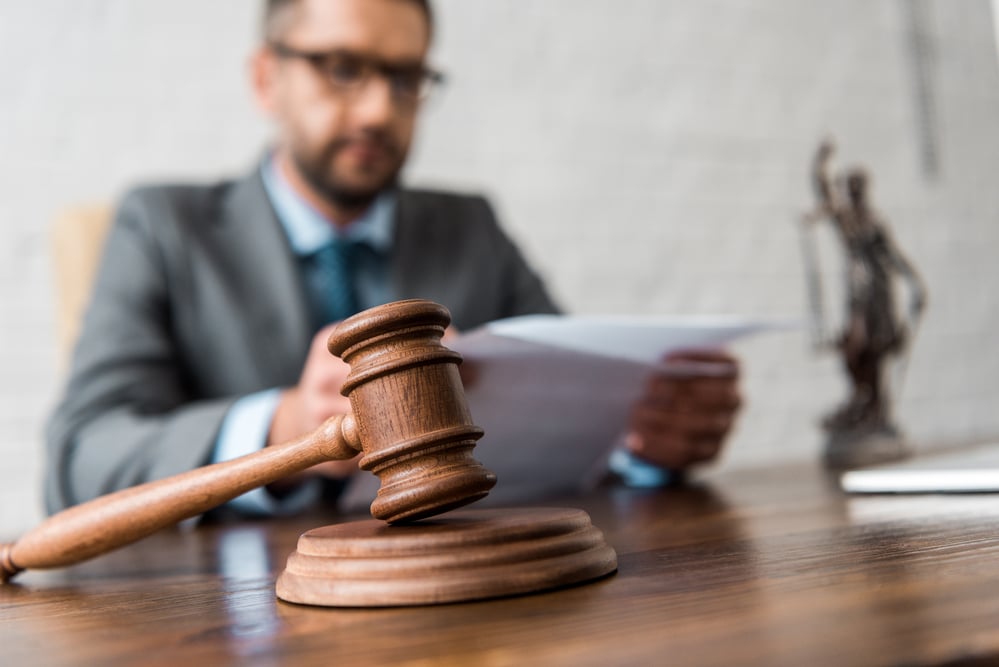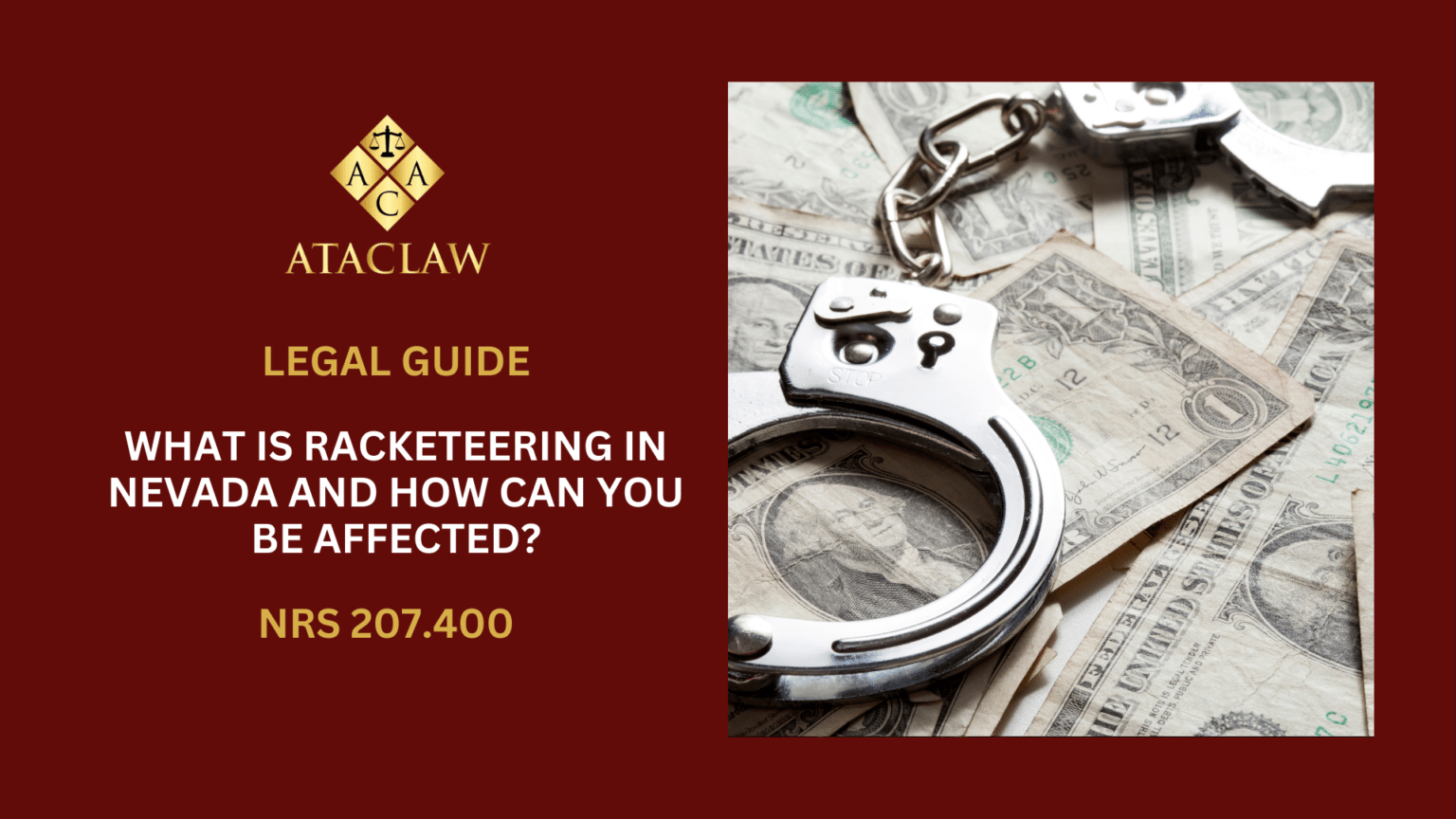In today’s unpredictable world, personal safety is a concern that cannot be overlooked. That’s why it’s essential to be prepared and know how to defend yourself in case of an emergency. But what happens when you find yourself in a situation where self-defense becomes necessary? How can you ensure that your plea for self-defense is strong and compelling?
The Importance of Self-Defense Pleas
When it comes to defending yourself in a court of law, a strong self-defense plea can make all the difference. By clearly and convincingly demonstrating that your actions were justified and necessary for protection, you can increase the likelihood of a favorable outcome. This is why understanding the legal elements of self-defense and building a solid defense case are crucial.
Understanding the Legal Elements of Self-Defense
Before you can strengthen your self-defense plea, it’s important to have a firm grasp of the legal requirements for claiming self-defense. Generally, self-defense is defined as the use of reasonable force to protect oneself from imminent harm or danger. However, the specific elements may vary depending on jurisdiction.
One key element is the belief in an imminent threat. You must be able to show that you reasonably believed you were facing an immediate danger of bodily harm or death. Additionally, the force used in self-defense must be proportionate to the perceived threat. It’s crucial to understand these legal elements in order to build a compelling defense case.
Building a Strong Self-Defense Case
To strengthen your self-defense plea, you need to gather as much evidence as possible to support your claim. This can include eyewitness testimonies, surveillance footage, photographs, medical records, or any other relevant documentation. The more evidence you have, the stronger your case becomes.
It’s also important to document any injuries or damage caused by the attacker. Take photographs and seek medical attention if needed. This not only provides evidence of the severity of the situation but also demonstrates your willingness to cooperate with law enforcement and seek justice.
Gathering Evidence to Support Your Self-Defense Plea
When gathering evidence for your self-defense plea, it’s crucial to focus on the key elements of the case. Document any signs of aggression or threatening behavior from the attacker. Collect any relevant information about the attacker’s criminal history or previous violent acts. This information can help establish a pattern of behavior and strengthen your claim of self-defense.
It’s also important to gather any evidence that supports your perception of the threat. This can include witness statements, security camera footage, or any other documentation that shows the attacker’s actions or intentions. The more evidence you have to support your claim, the stronger your self-defense plea will be.
Hiring a Skilled Defense Attorney
Navigating the legal system can be complex, especially when it comes to self-defense cases. That’s why it’s crucial to hire a skilled defense attorney who specializes in self-defense cases. An experienced attorney can guide you through the legal process, help you gather evidence, and build a strong defense strategy.
When choosing an attorney, look for someone who has a track record of success in self-defense cases. They should have a thorough understanding of self-defense laws in your jurisdiction and be able to effectively argue your case in court. With the right legal representation, you can significantly increase your chances of a successful self-defense plea.
Preparing for Trial: Mock Self-Defense Scenarios
Preparing for trial is a critical step in strengthening your self-defense plea. One effective method is to participate in mock self-defense scenarios. These scenarios simulate real-life situations and allow you to practice your defense strategies and responses. By role-playing different scenarios, you can refine your techniques and build confidence in your ability to defend your actions.
Mock self-defense scenarios can also help you anticipate potential challenges or weaknesses in your case. It allows you to identify areas where you may need additional evidence or clarification. By addressing these issues beforehand, you can strengthen your self-defense plea and be better prepared for the trial.
Presenting Your Self-Defense Plea in Court
When presenting your self-defense plea in court, it’s important to be clear, concise, and confident. Start by clearly explaining the circumstances that led to your actions and why you believed self-defense was necessary. Use the evidence you have gathered to support your claims and demonstrate the credibility of your defense.
It’s also crucial to convey your emotions and state of mind during the incident. Share how you felt threatened or in danger and how your actions were a direct response to that threat. By effectively communicating your perspective and emotions, you can create a compelling narrative that resonates with the judge and jury.
Cross-Examining Witnesses in Self-Defense Cases
In self-defense cases, cross-examining witnesses can be a crucial part of strengthening your plea. By carefully questioning the prosecution’s witnesses, you can challenge their credibility or highlight inconsistencies in their testimonies. This can cast doubt on their version of events and further support your claim of self-defense.
When cross-examining witnesses, it’s important to remain respectful and focused. Ask clear and direct questions that challenge the prosecution’s narrative. Listen carefully to their responses and be prepared to follow up with additional probing questions. By skillfully cross-examining witnesses, you can strengthen your self-defense plea and undermine the prosecution’s case.
Common Challenges in Self-Defense Cases and How to Overcome Them
Self-defense cases can present various challenges that need to be addressed to strengthen your defense. One common challenge is the perception of excessive force. It’s important to demonstrate that your response was proportionate to the threat you faced. This can be achieved by presenting evidence that supports your belief in the immediate danger you were in.
Another challenge is the burden of proof. In many jurisdictions, the burden is on the defendant to prove self-defense. To overcome this challenge, it’s crucial to gather as much evidence as possible and present a compelling case that leaves no room for doubt. Working closely with your defense attorney can help you navigate these challenges and strengthen your self-defense plea.
Conclusion: The Power of a Well-Prepared Self-Defense Plea
In conclusion, a well-prepared self-defense plea can significantly impact the outcome of your case. By understanding the legal elements of self-defense, gathering compelling evidence, hiring a skilled defense attorney, and preparing for trial, you can strengthen your defense and increase the chances of a successful plea.
Remember to document the details of the incident, gather evidence, and seek legal representation as soon as possible. By taking these proactive steps and following the strategies outlined in this article, you can ensure that your self-defense plea is strong, compelling, and well-supported. Stay informed, be prepared, and never underestimate the power of a well-prepared self-defense plea.




